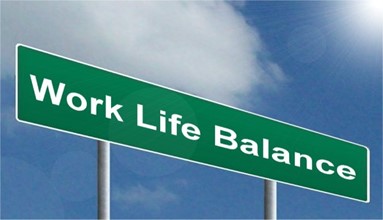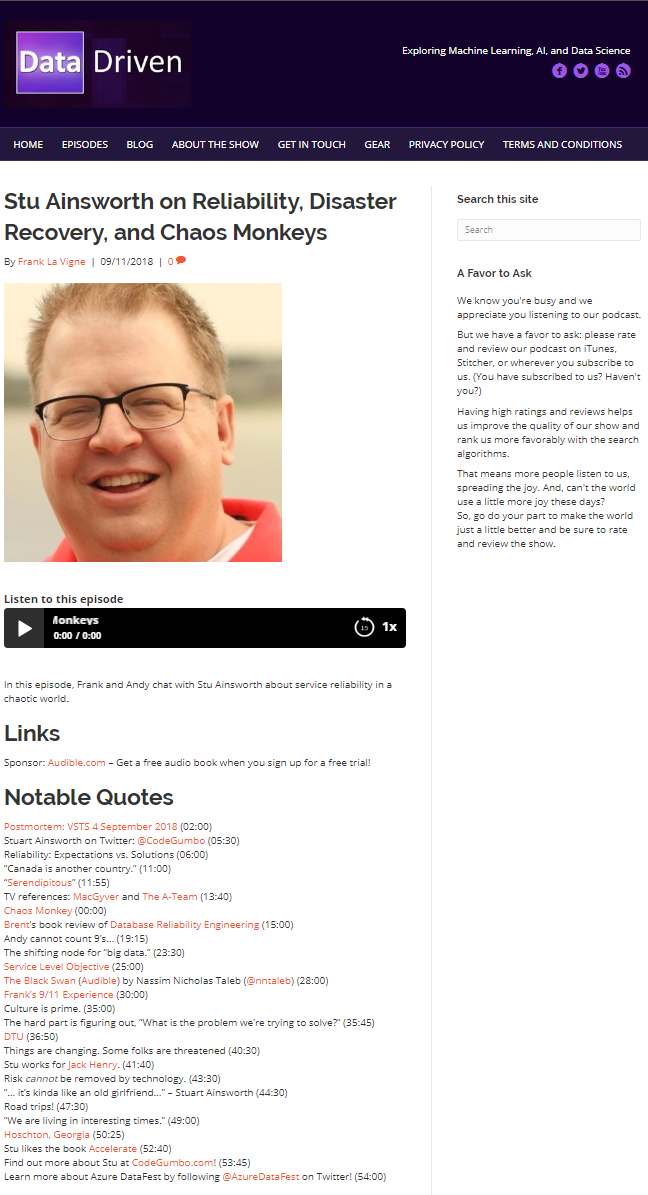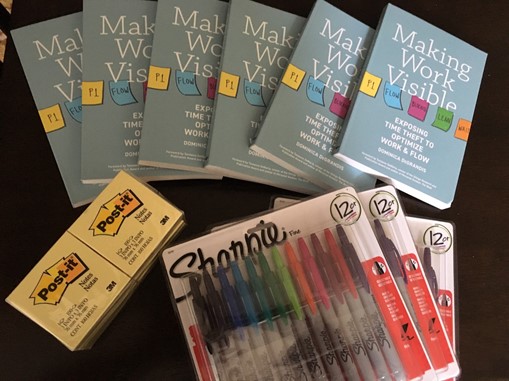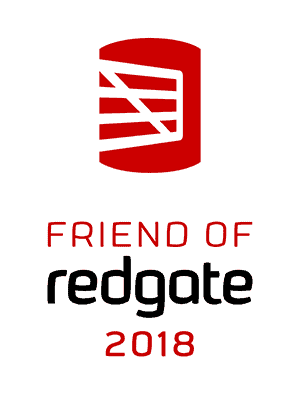 Last weekend, I missed a data center migration.
Last weekend, I missed a data center migration.
It was a scheduling conflict; for Christmas last year, my wife had bought me tickets to High Water music festival (which was great, btw), and when they set the dates for the data center migration, I was worried. The tickets were expensive, and we had booked hotels, etc; I couldn’t change plans to work with the schedule, and there were too many teams involved in the migration for them to pick a different date. We’d done this migration once before (6 months ago), and I was confident in my team’s ability, but still… I was worried. You see, missing an after-hours deployment or a maintenance window of this size wasn’t usually considered to be an option before (by me). I’ve always been a firm believer in the management rule of: Don’t Ask Others to Do Something You Won’t Do.
So, every migration, every deployment, every maintenance window… I was there. Weekends, mornings, evenings… I was there. When our first major data center migration blew up a year ago, I was there for 26 hours. I THOUGHT I was sending the message that “I’m here for you… I’m leading the way… I’m being a team player.”
That’s not the message I was sending.
What happened while I was away is that others stepped up and filled the void left in my absence. They didn’t do things exactly like I would have done, and they had to take on some additional responsibilities during the migration, so their timing wasn’t as efficient as if I had been there. But the work got done, and we survived without me. I could have looked at that and said “aha; I’m not really necessary; there’s some waste savings there!”. Instead, I realized that what I thought was a four-person job was really a three person job, and that meant that the fourth person could do what was more important than work; life.
You see, the message that I was sending by being at every activity outside of work was that I Expect Y’All to Give Up Your Free Time for Your Job, Just Like I Do. I didn’t mean it that way, but my employees picked up on it. I was there; they were there. Every time. And that’s no way to work.
What I realized this weekend is that Leading By Example also means Resting By Example. If the job really is a three person job, then four people don’t need to show up to do it (or else work will expand to make it a four person job; a variant of Parkinson’s law). And while I should still be willing to do the job, I need to be willing to do it when it’s my turn. I’m now scheduling rotations (I’m in one of those rotations as an engineer), and letting my team understand that it’s not just OK to not be at every maintenance window activity; it’s expected. A job is what you do to pay the bills and enjoy life. If I believe that for myself, then I need to set that example for my team as well.





 I’m super excited to have been named a
I’m super excited to have been named a